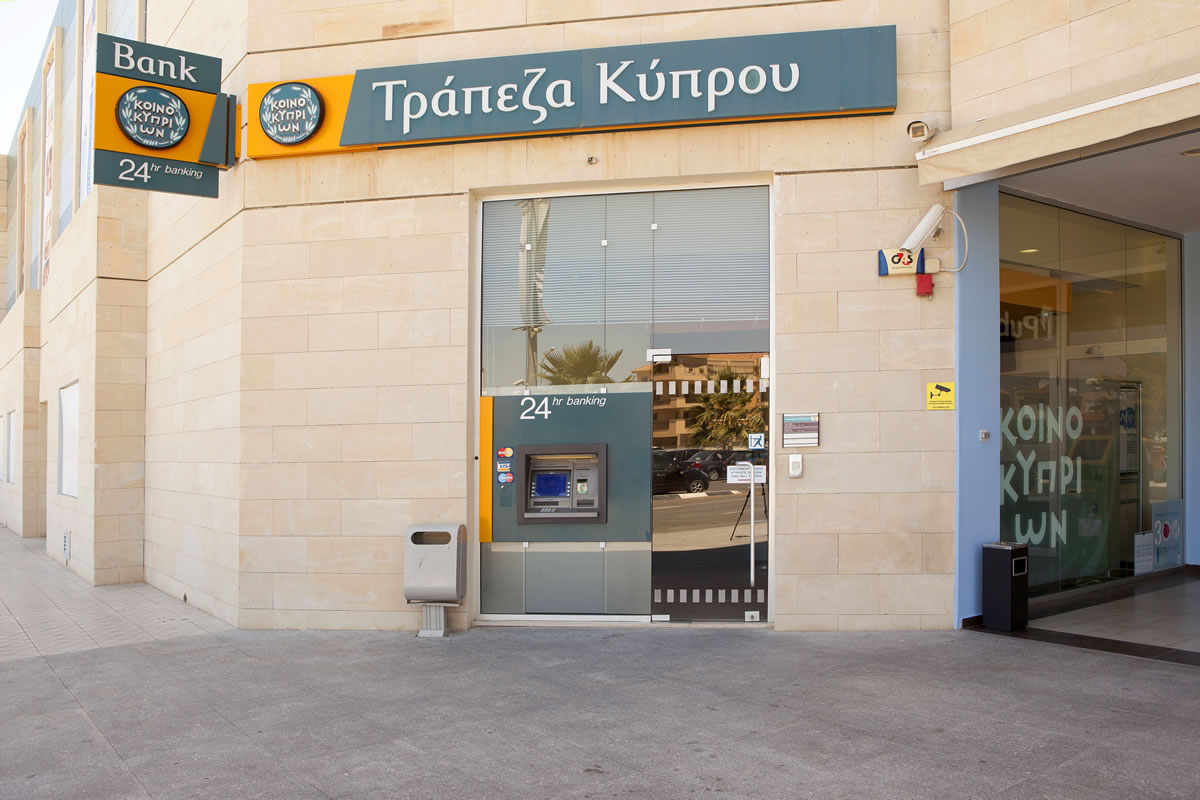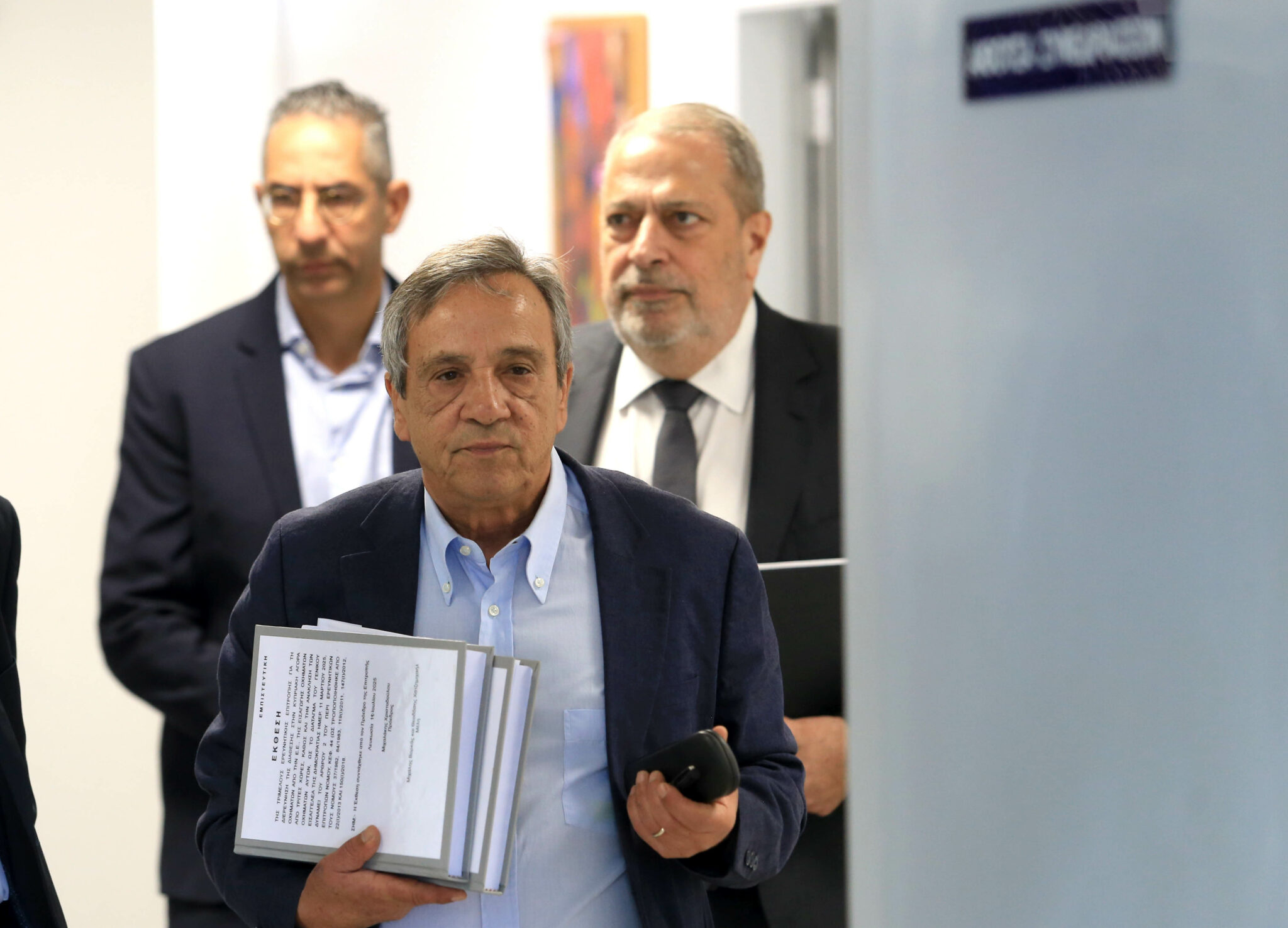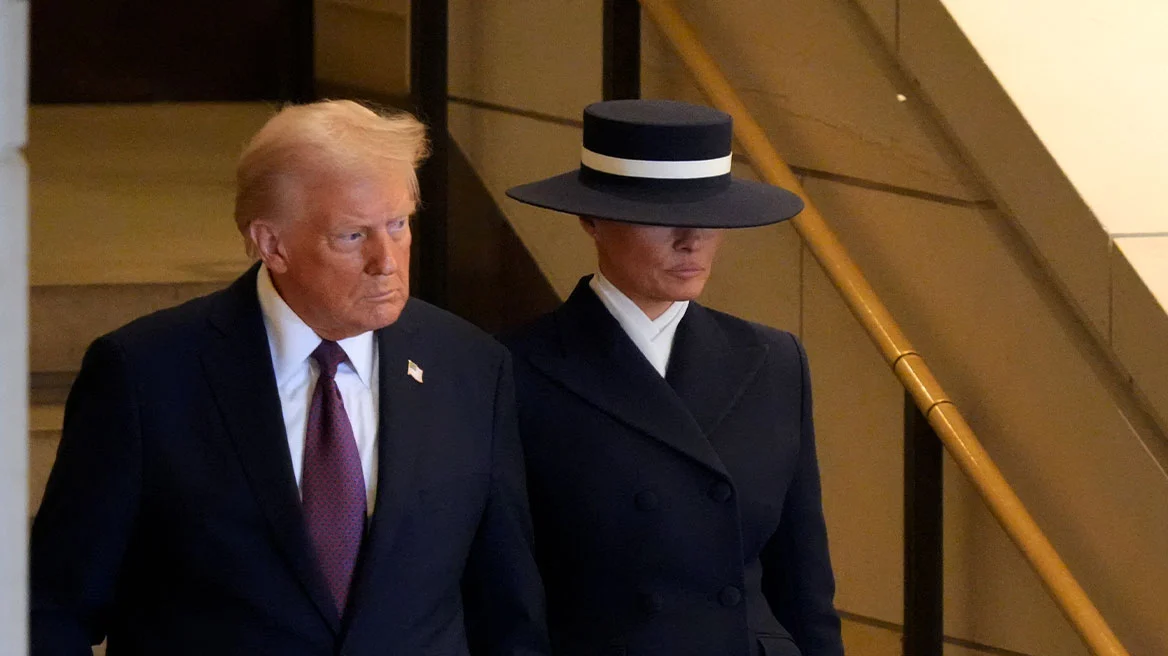MEPs members of the Constitutional Affairs Committee have backed a proposal introducing penalties on European political parties deliberately breaching data protection to tamper with EU elections.
The new provisions are aimed at protecting the electoral process from online disinformation campaigns based on misuse of voters’ personal data.
Some recent cases, like the Facebook / Cambridge Analytica scandal, show how the vulnerabilities of data protection systems may undermine democratic debate and free elections.
Some recent cases, like the Facebook / Cambridge Analytica scandal, show how the vulnerabilities of data protection systems may undermine democratic debate and free elections.
The decision follows the unveiling this week by the European Commission of an action plan to combat fake news, including an early warning system to alert governments.
The European Commission’s plan focuses on four areas key to effectively build up the EU’s capabilities and strengthen cooperation between Member States and the EU: improved detection; coordinated response; online platforms and industry; and raising awareness and empowering citizens.
The European Commission’s plan focuses on four areas key to effectively build up the EU’s capabilities and strengthen cooperation between Member States and the EU: improved detection; coordinated response; online platforms and industry; and raising awareness and empowering citizens.
On Thursday, the European Parliament’s Constitutional Affairs Committee backed a draft law that would introduce financial sanctions on European political parties or foundations that infringe data protection rules deliberately to influence or attempt to influence the outcome of European elections.
In practice, once a national supervisory authority decides that such an infringement has occurred, the Authority for European political parties and foundations would decide upon the financial penalty.
In practice, once a national supervisory authority decides that such an infringement has occurred, the Authority for European political parties and foundations would decide upon the financial penalty.
The report by Rainer Wieland (EPP, DE) and Mercedes Bresso (S&D, IT) was adopted unanimously.
Next steps
Following the vote in the committee, the Plenary will have to approve the mandate for inter-institutional negotiations, the outcome of which will have to be adopted by the Parliament as a whole and Council before it can enter into force. The regulation will be binding and directly applicable in all member states on the day of its publication in the EU Official Journal.
Background
The procedure for the elections to the European Parliament is governed by the national provisions of each member state. In addition, European political parties will also organise their own campaigns at European level. One of their purposes is to promote the lead candidates’ process for the election of the European Commission President.
The European Commission put forward the proposal as part of a package focusing on free and fair European elections, as announced in the last State of the Union speech. The new provisions amend the 2014 regulation on the statute and funding of European political parties and European political foundations
Edited by Bouli Hadjioannou
The European Commission put forward the proposal as part of a package focusing on free and fair European elections, as announced in the last State of the Union speech. The new provisions amend the 2014 regulation on the statute and funding of European political parties and European political foundations
Edited by Bouli Hadjioannou
















